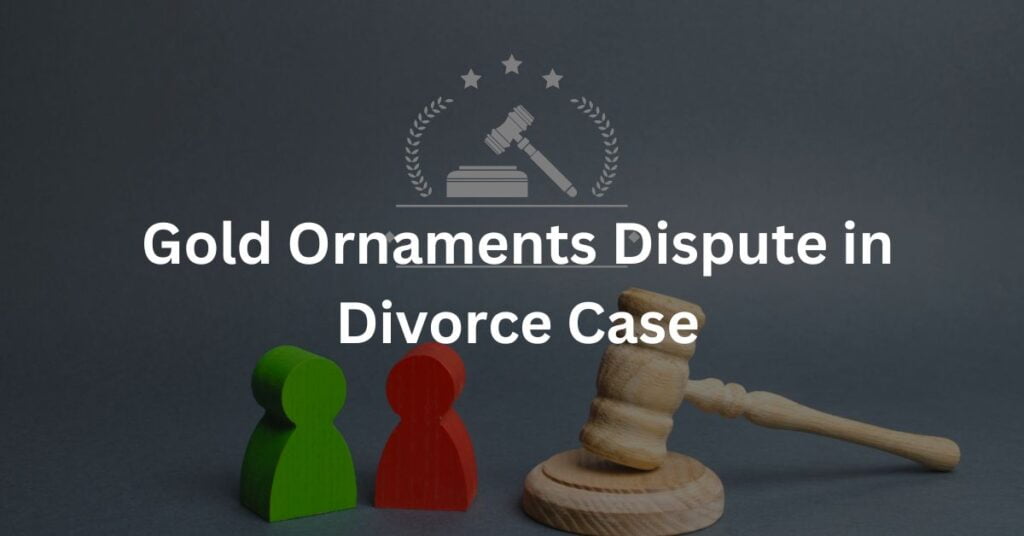New Delhi, February 28, 2024 — In a significant legal development, the Delhi High Court has granted a divorce decree in favor of the husband. The judgment, delivered on February 28, 2024, by Hon’ble Justice Suresh Kumar Kait and Hon’ble Justice Neena Bansal Krishna, highlights the complexities of marital discord and the impact of parental alienation on a family.
Table of Contents
ToggleBackground of the Case
The matrimonial dispute in question dates back to the year 1998 when husband and wife tied the knot. The marriage, solemnized at the Arya Samaj Temple in Baroda, Gujarat, resulted in the birth of two daughters in 1999 and 2004.
Allegations of temperamental differences and incompatibility surfaced early in the marriage. The husband, an Indian Army personnel at the time of marriage, asserted that his wife, a Ph.D. holder and lecturer, left the matrimonial home in May 1999 without just cause. This led to a series of legal actions, including a complaint to the husband’s Commanding Officer, resulting in the deduction of maintenance allowance from his salary.
Allegations of Cruelty and Discord
The husband further claimed that his wife, despite a lucrative career, failed to contribute to household expenses. Accusations of derogatory remarks, indifferent behavior during the petitioner’s hospitalization, and demands for separate residence escalated the conflict. The legal battle involved a complaint under the Protection of Women from Domestic Violence Act in 2007 and subsequent petitions for restitution of conjugal rights.
The court noted that despite efforts to reconcile, the marital discord persisted, with the wife making false police complaints, including allegations of adultery. The turning point came on August 11, 2012, when the wife involved their minor daughter in a police complaint against the husband, accusing him of adultery.
Landmark Decision on Parental Alienation
The judgment highlighted the issue of parental alienation, describing it as an act of grave mental cruelty. The court emphasized that involving a minor child in parental disputes and making unsubstantiated allegations amounted to an extreme act of cruelty.
Referring to precedents, the court asserted that the differences between spouses might be natural, but wife’s intentional involvement of their child in disputes crossed the line of acceptable behavior. The judgment drew attention to the detrimental impact of parental alienation on the child’s psyche and emphasized the child’s right to love and affection from both parents.
Legal Observations and Conclusion
The court dismissed wife’s objection regarding the maintainability of the divorce petition, distinguishing it from a previous withdrawal in 2012. The judgment concluded that the evidence on record, including prolonged separation, false allegations, police reports, and parental alienation, constituted acts of mental cruelty.
The verdict, granting divorce under Section 13(1)(ia) of the Hindu Marriage Act, sets a precedent in recognizing parental alienation as a valid ground for divorce. The court emphasized that continuing the strained relationship would only perpetuate further cruelty upon both parties.
Conclusion
The case, titled as MAT. APP. (F.C.) 326/2018, underscores the legal ramifications of parental alienation in matrimonial disputes. The judgment acknowledges the evolving nature of family dynamics and sets a precedent for cases involving the emotional well-being of children caught in the crossfire of marital discord.
Download Judgment
Click above to download this Judgment in the case titled MAT.APP.(F.C.) 326/2018. It can serve as a valuable resource for legal reference.



